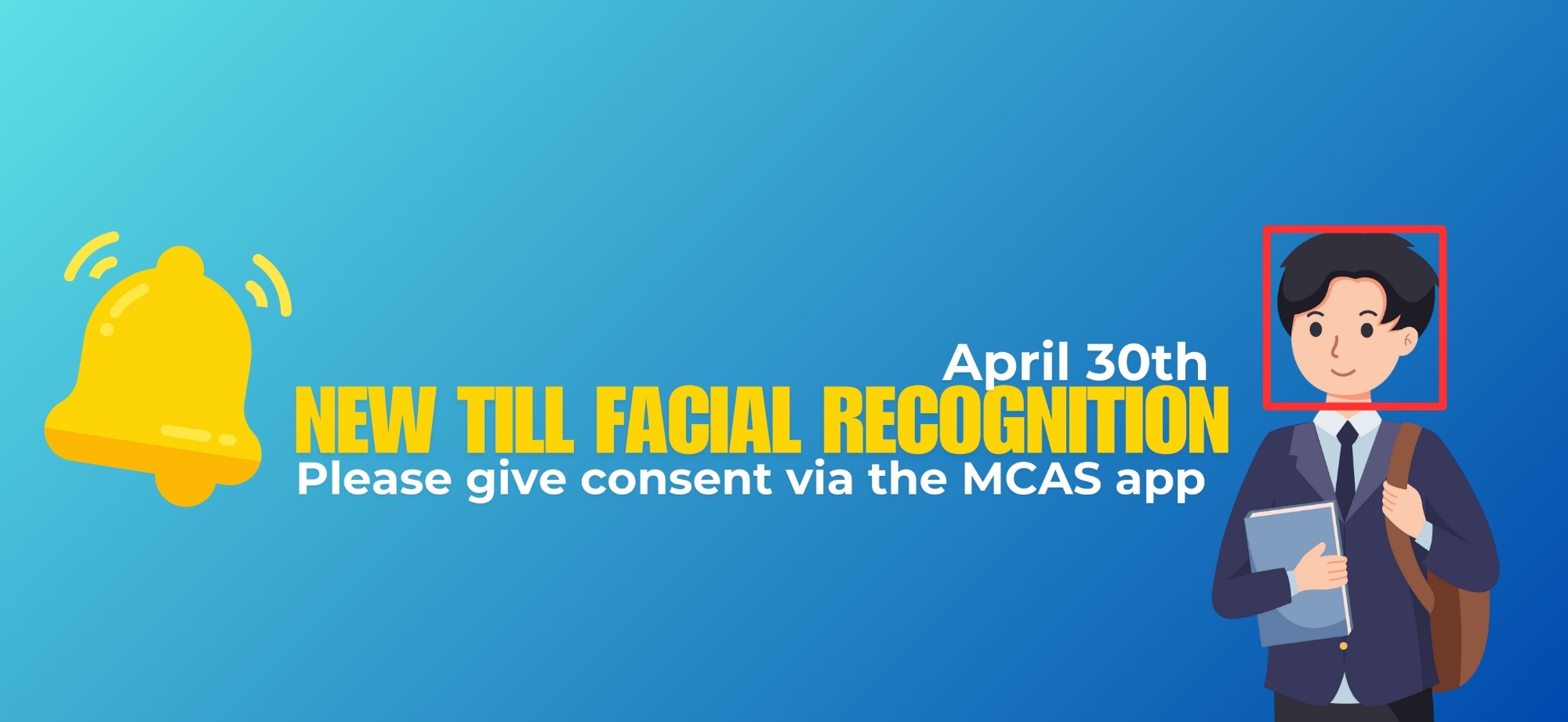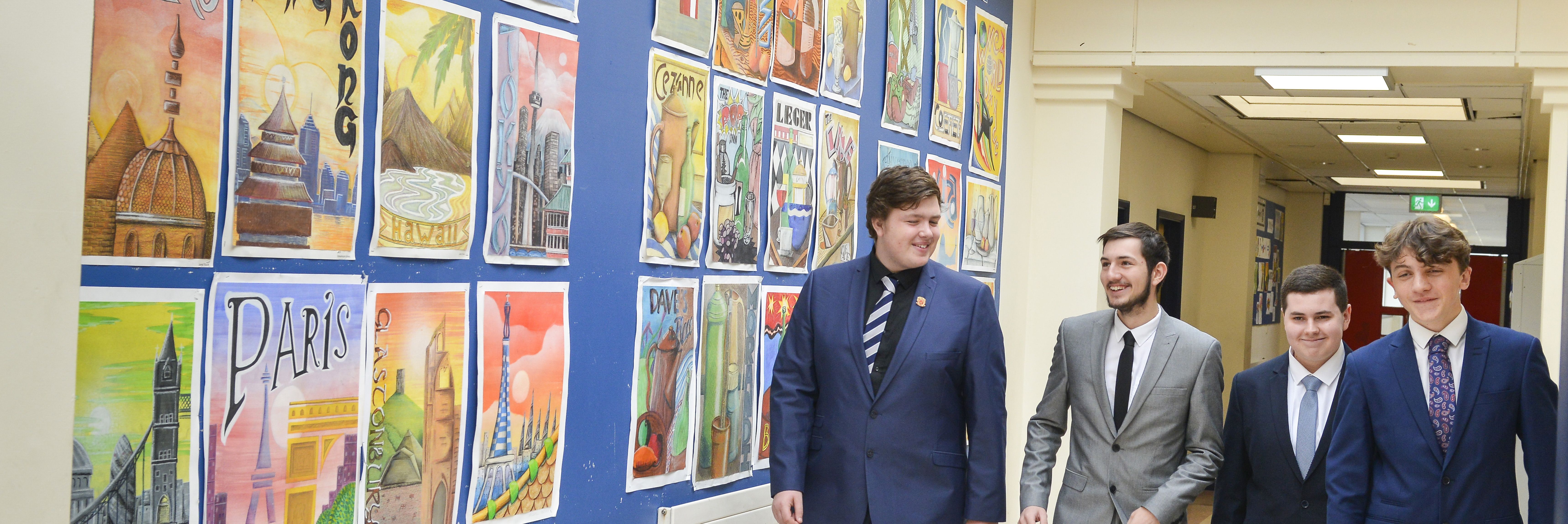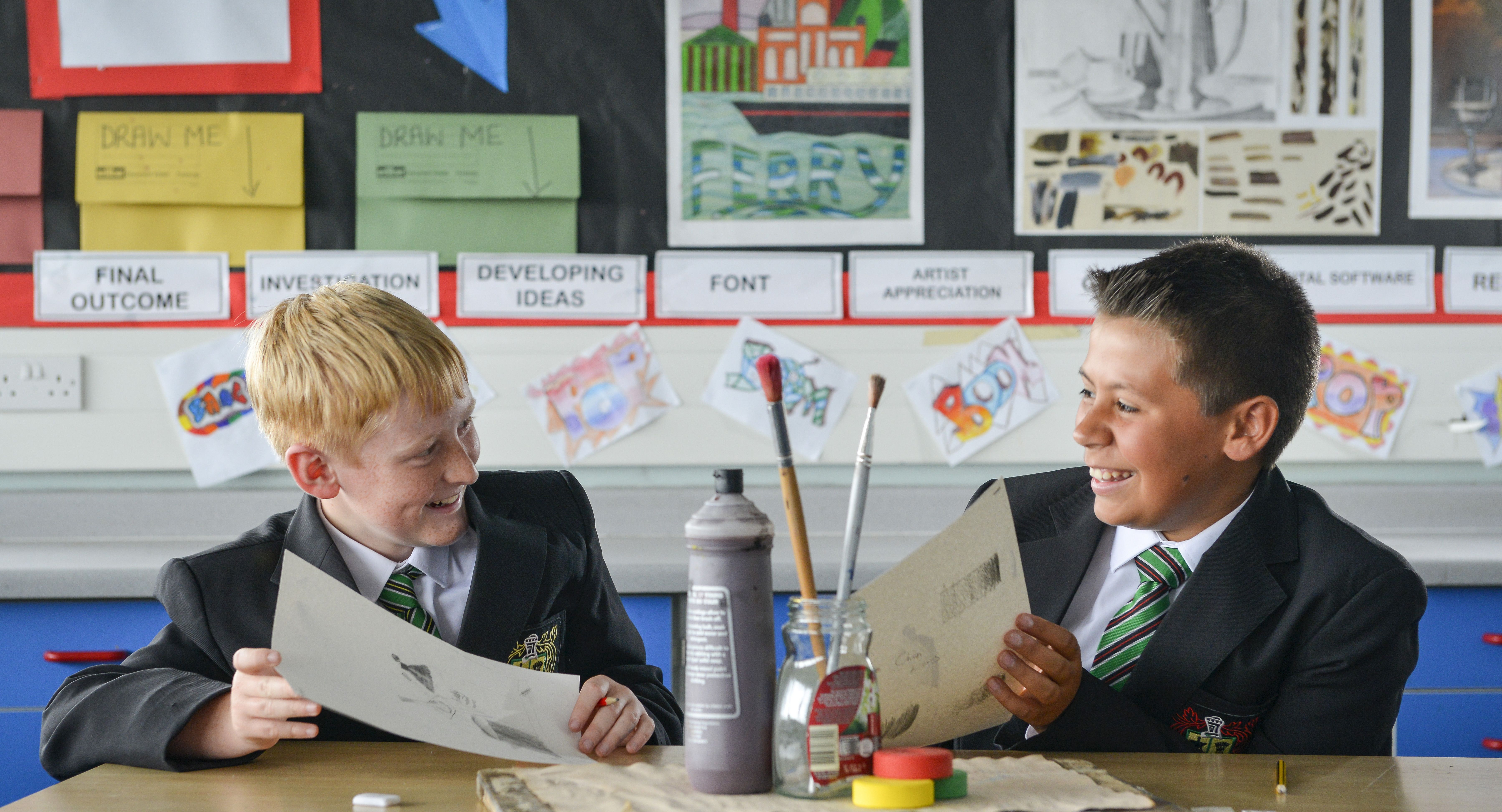Exam Specification
Qualification: GCSE Religious Studies (9–1), Route A
Level: 1 & 2
Exam Board: Eduqas
What you learn about:
Eduqas GCSE Religious Studies (Route A) invites students to explore fundamental religious, philosophical, and ethical questions that influence individuals and societies. Through this course, learners engage with themes such as relationships, life and death, good and evil, and human rights. They also study the beliefs, teachings, and practices of Christianity and a chosen world faith (such as Buddhism, Hinduism, Islam, Judaism, or Sikhism), helping them understand diverse perspectives and develop informed, reflective thinking.
During the course, students will study:
-
Component 1: Religious, Philosophical and Ethical Studies in the Modern World – Four key themes: relationships, life and death, good and evil, and human rights.
-
Component 2: Study of Christianity – Covering Christian beliefs, teachings, and practices.
-
Component 3: Study of a World Faith – In-depth study of one selected faith, chosen from Buddhism, Hinduism, Islam, Judaism, or Sikhism.
Assessment:
-
Component 1 – Religious, Philosophical and Ethical Studies in the Modern World
Written exam: 2 hours, 50% of qualification
All questions are compulsory and test knowledge, understanding, and evaluative skills. -
Component 2 – Study of Christianity
Written exam: 1 hour, 25% of qualification
Focused on Christian beliefs, teachings, and practices. -
Component 3 – Study of a World Faith
Written exam: 1 hour, 25% of qualification
Covers the selected world faith, with compulsory questions.
Other Information:
-
Linear structure: All exams are taken in a single assessment series at the end of the course.
-
Assessment Objectives:
-
AO1 – Knowledge & Understanding (50%)
-
AO2 – Analysis & Evaluation (50%)
-
Spelling, Punctuation, and Grammar (SPaG) forms part of the marks in required questions.
-
-
What students will gain:
A rich understanding of religious and non-religious worldviews, the ability to debate and reflect on ethical issues, and the capacity to construct balanced, respectful arguments about belief and values in a multicultural society.
Find out more here












